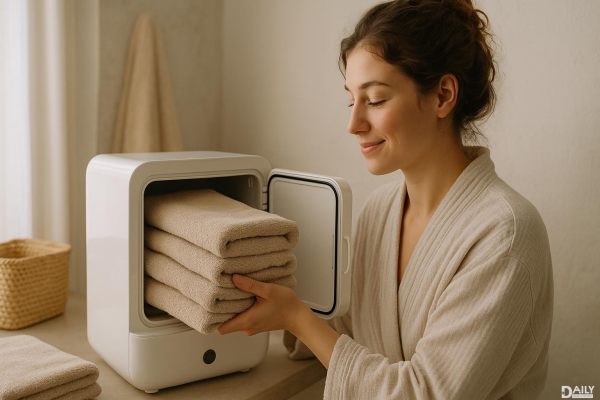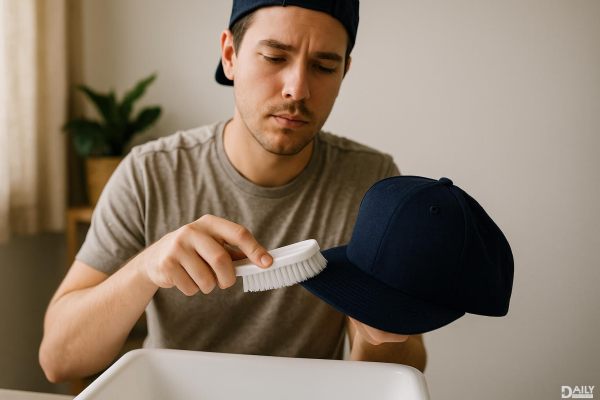Ever notice how that annoying itch seems to kick into high gear the second your head hits the pillow? You're not imagining things—nighttime itching is a real phenomenon, and it's got science (and dermatologists) backing it up. Turns out, when the world quiets down and your brain isn't distracted by work emails or TikTok scrolls, your nerve endings suddenly become the loudest thing in the room. But before you start side-eyeing your bedsheets like they're plotting against you, let's break down why this happens and—more importantly—how to shut it down so you can finally catch a break.
The Science Behind the Scratch
Your skin doesn't actually become itchier at night—it just feels that way because your brain has fewer distractions to process. Think of it like turning down the volume on a noisy TV; suddenly, you notice the hum of the fridge you'd been ignoring all day. According to dermatologists, this phenomenon is called "circadian itch," where your body's natural rhythms amplify certain sensations after dark. But beyond perception, there are legit physiological factors at play. Your skin's barrier function weakens overnight (thanks to lower humidity and decreased hydration), while body heat from being bundled under blankets can fire up those itch-sensitive nerve fibers. Even your bedtime snack could be fanning the flames—spicy tacos or that nightcap might taste great, but they're basically sending a "scratch me" signal to your skin.
Skin Conditions That Love the Night Shift
If you're dealing with eczema, psoriasis, or even just Sahara-level dryness, nighttime is prime time for flare-ups. As dermatologist Dr. Rastogi points out, skin loses moisture faster when you're horizontal (gravity's a jerk like that), and inflammatory chemicals tend to peak after sunset. Ever wake up with fresh scratches you don't remember making? Blame "nocturnal scratching," a common (and frustrating) loop where half-asleep you goes full raccoon on irritated patches without realizing it. Pro tip: Moisturizing right after a shower traps hydration, and switching to fragrance-free detergents can cut down on midnight irritation battles.
Your Bedding Might Be the Backstabber
That cozy flannel pajama set or fuzzy fleece blanket? Could be public enemy #1. Synthetic fabrics trap heat and disrupt airflow, turning your bed into a scratch-inducing sauna. Dermatologists swear by 100% cotton sheets and loose-fitting PJs—they breathe better, wick sweat, and don't sandpaper your skin like wool or polyester. Bonus: Washing them in "free and clear" detergent avoids sneaky irritants like dyes or perfumes. And if you're a hot sleeper, try sticking a fan near your bed or using a cooling gel pillowcase to short-circuit the itch-heat connection.
When to Call Reinforcements
If tweaking your routine doesn't help, it might be time to bring in the big guns. Over-the-counter antihistamines like Benadryl can knock out itching, but they'll also knock you out (which… might be the goal?). For targeted relief, dermatologists recommend menthol-based creams for that cooling tingle or prescription topicals like hydrocortisone for angry flare-ups. Just don't go rogue with steroid creams—long-term use can thin your skin. And if itching comes with bonus symptoms like rashes, swelling, or unexplained weight loss? Skip the internet diagnostics and book a doc visit ASAP. Sometimes, relentless itch is your body's way of waving a red flag for bigger issues like thyroid problems or allergies.
Bottom line (oops—just kidding): Nighttime itching might feel like a personal vendetta, but with a few smart swaps—lukewarm showers, cotton everything, and maybe ditching the midnight hot sauce—you can reclaim your right to peaceful sleep. Sweet dreams and scratch-free nights ahead.
























